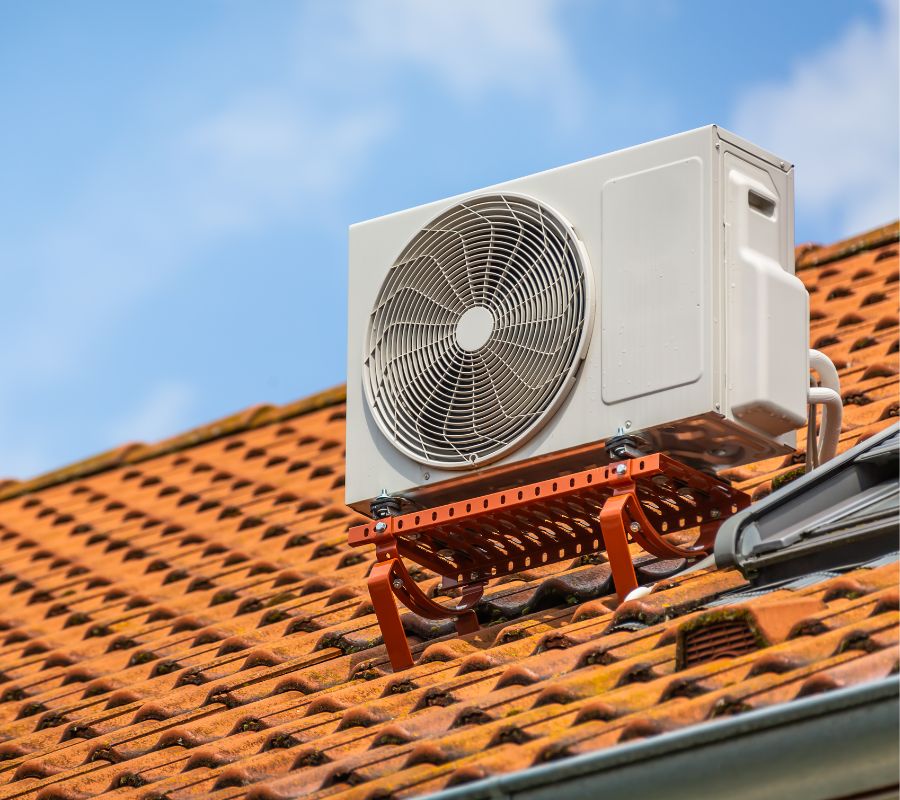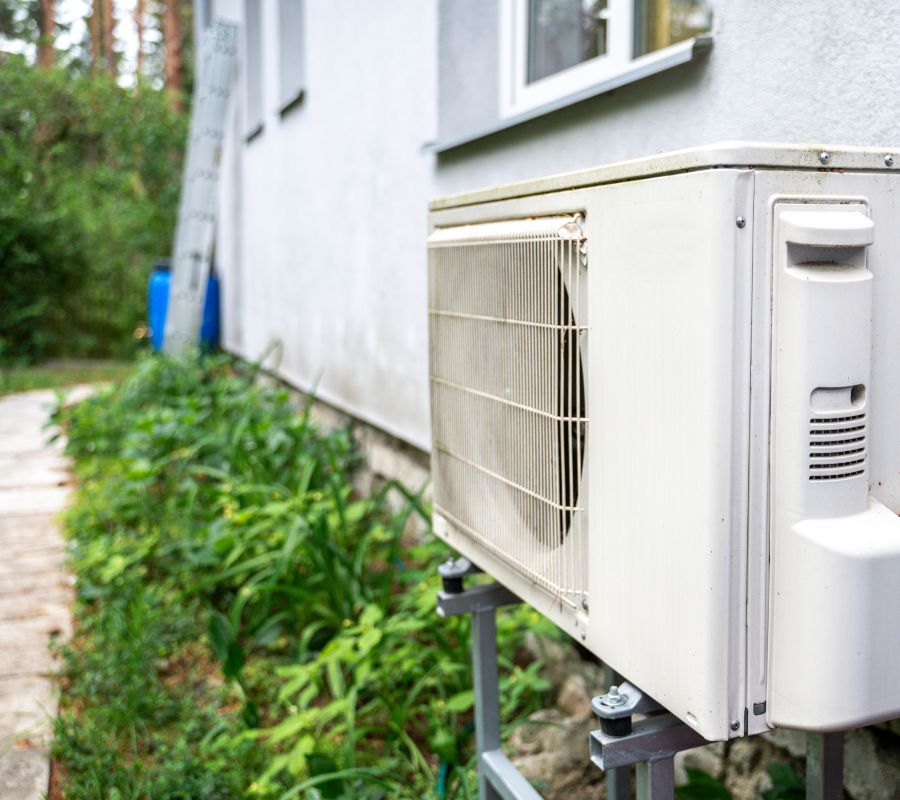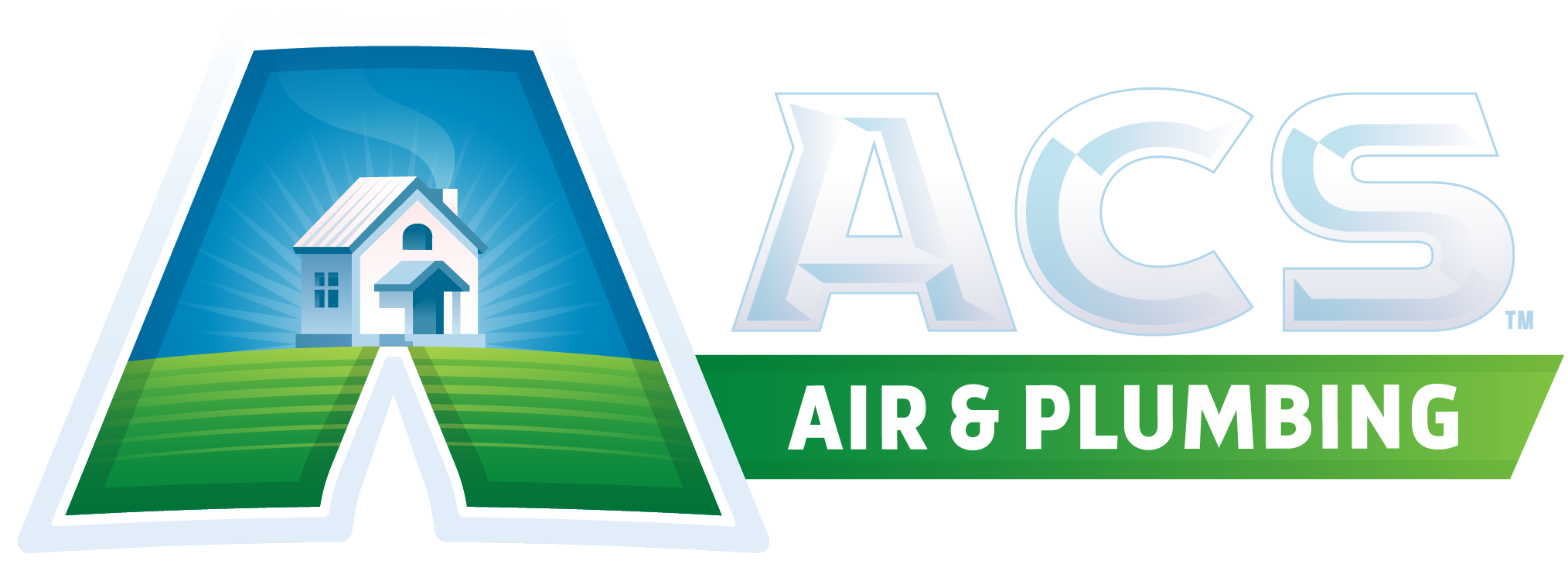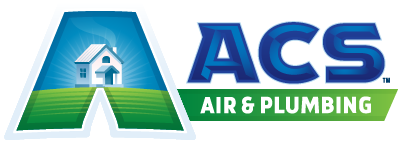What is the Average Cost of Heat Pump Repair in Marana, AZ?

The average cost of heat pump repair in Marana, AZ, typically ranges between $150 and $1,500. The final cost depends on several factors, including the severity of the issue, labor rates, and the specific model of the unit. Homeowners should be prepared for price variations based on these factors. Understanding the factors that influence repair […]
Do Heat Pumps Use a Lot of Electricity? A Guide to Energy Efficiency

Heat pumps are energy-efficient devices that don’t use a lot of electricity when compared to traditional heating and cooling systems. They work by transferring heat rather than generating it, making them a cost-effective and eco-friendly choice for many households. However, their electricity usage can vary based on factors like climate, system size, and usage habits. […]


